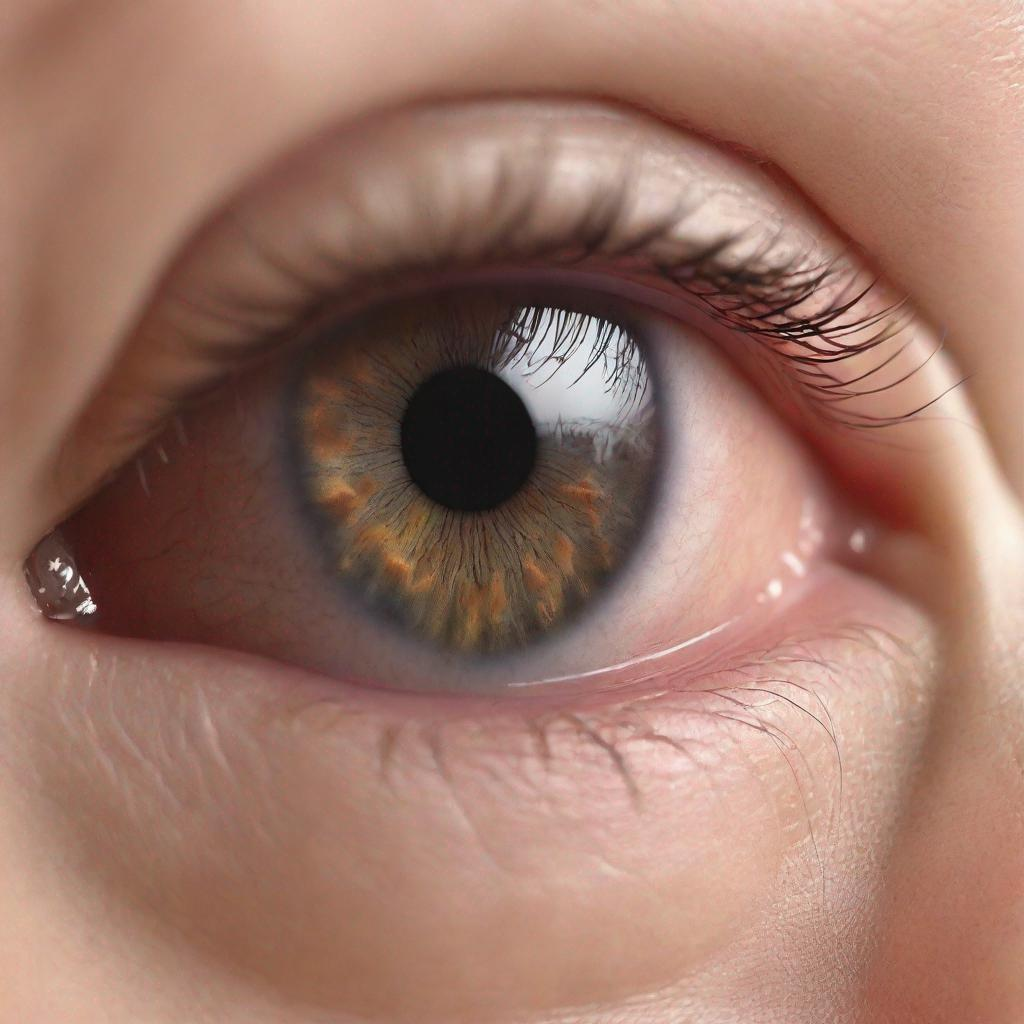## Macular Degeneration: A Comprehensive Guide
**Introduction:**
Macular degeneration is a common eye condition that affects the central part of the retina, called the macula. The macula is responsible for sharp central vision, which is necessary for activities like reading, driving, and recognizing faces.
**Symptoms:**
* Blurred or distorted vision
* Difficulty reading or seeing fine details
* Reduced color perception
* Flashes or floaters in the vision
* A dark or blind spot in the central vision (scotoma)
**Diagnosis:**
Diagnosis involves a comprehensive eye examination by an ophthalmologist (an eye doctor specializing in diagnosing and treating eye diseases). Tests may include:
* Fundus examination: Examining the retina using an ophthalmoscope
* Optical coherence tomography (OCT): Imaging the retina to see its layers
* Fluorescein angiography: Injecting a dye into the bloodstream and taking pictures to see blood flow in the retina
**Prevention:**
* **Quit smoking:** Smoking is a significant risk factor for macular degeneration.
* **Protect from UV light:** Wear sunglasses with UV protection.
* **Eat a healthy diet:** A diet rich in antioxidants (fruits, vegetables, leafy greens) may reduce the risk.
* **Maintain a healthy weight:** Obesity increases the risk of macular degeneration.
**Treatment:**
* **Anti-VEGF therapy:** Injections of anti-vascular endothelial growth factor (VEGF) medications can block the growth of abnormal blood vessels in the macula.
* **Laser therapy:** A laser is used to seal leaking blood vessels and prevent further damage to the macula.
* **Photodynamic therapy:** A dye is injected into the bloodstream and activated by a laser to destroy abnormal blood vessels.
* **Nutritional supplements:** Lutein and zeaxanthin, found in leafy green vegetables, may protect the macula from damage.
**Complications:**
* **Geographic atrophy:** Degeneration of the macula leading to permanent loss of central vision.
* **Neovascular AMD:** Abnormal blood vessel growth under the retina, causing bleeding and vision loss.
* **Macular edema:** Fluid accumulation in the macula, leading to blurred vision.
* **Retinal detachment:** Separation of the retina from the underlying layer, resulting in severe vision loss.
**Other Conditions Affecting the Retina:**
In addition to macular degeneration, other conditions can affect the retina:
* **Age-related retinal detachment:** Separation of the retina typically seen in people over the age of 60.
* **Epiretinal membrane:** A thin layer of scar tissue that can form over the retina, causing blurred vision.
* **Vitelliform macular dystrophy:** An inherited condition characterized by the accumulation of fatty material in the macula, leading to vision loss.
**Importance of Early Diagnosis and Treatment:**
Early diagnosis and treatment are crucial to prevent or minimize vision loss in macular degeneration. Regular eye checkups are recommended, especially for people at risk or over the age of 50. By following preventive measures and seeking prompt treatment, individuals can preserve their precious vision.



